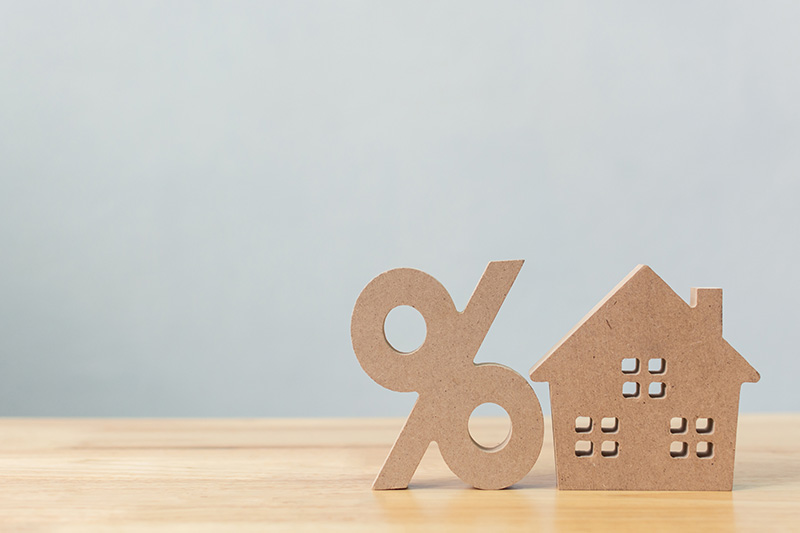
Conventional Loans
What is a Conventional Loan?
A Conventional Loan is the most common type of mortgage not insured by a government agency (like FHA, VA, or USDA). These loans are backed by private lenders and often purchased by Fannie Mae or Freddie Mac. They are designed to be safe, predictable, and widely available for homebuyers.
Benefits of a Conventional Loan
- Competitive interest rates for well-qualified borrowers
- Flexible loan terms (fixed or adjustable rates available)
- As little as 3% down for eligible buyers
- No upfront mortgage insurance premium
- Loan amounts up to the conforming loan limit of $806,550 in 2025 (higher in some areas)
Who Should Consider a Conventional Loan?
- Buyers with solid credit history and stable income
- Those who can make at least a small down payment
- Borrowers who want flexible loan terms or higher loan amounts than FHA or USDA may allow
- Homeowners planning to stay in the home long term and build equity
Eligibility
- Typically requires a credit score of 620 or higher
- Debt-to-Income (DTI) ratio generally ≤ 43% (higher allowed with automated underwriting approval)
- Must meet Qualified Mortgage (QM) standards, which means safer loan terms and full documentation of income, assets, and debts
- Property must meet appraisal and condition requirements
Is It Right for You?
Conventional Loans are a good fit if you want predictable payments, a variety of loan options, and the ability to avoid certain fees or insurance costs as you build equity.
Key Requirements
- Minimum 3% down payment (depending on the program)
- Mortgage insurance required if down payment is less than 20% (can be removed once 20% equity is reached)
- Must provide full financial documentation (income, assets, debts)
Types of Income That May Qualify
- W-2 wages
- 1099 or contractor income
- Self-employment income (with tax returns or bank statements)
- Rental income from investment properties
- Retirement income, pensions, or Social Security
Documents Needed
- Recent pay stubs and/or bank statements
- W-2s or 1099s (if applicable)
- Two years of tax returns (for self-employed borrowers)
- Photo ID and Social Security number
- Asset statements (retirement, investment, or savings accounts)
Advantages Over Other Loan Types
- Higher loan limits compared to FHA
- No upfront mortgage insurance (like FHA requires)
- More property types eligible than USDA or VA
- Private mortgage insurance (PMI) can be removed once enough equity is built
Considerations
- Stricter credit and income standards than FHA
- Down payment required (though flexible at 3–20%+)
- Interest rates may be slightly higher if credit score is lower
- Being a Qualified Mortgage (QM) loan, it follows strict federal guidelines for borrower protection and responsible lending
FAQ
Q: What is the 2025 loan limit?
A: The conforming loan limit for 2025 is $806,550 in most counties. Some high-cost areas allow for higher limits.
Q: Can I get rid of mortgage insurance?
A: Yes. With a Conventional Loan, you can remove PMI once you have 20% equity in your home.
Q: Do Conventional Loans have to be QM?
A: Yes. Most Conventional Loans must meet Qualified Mortgage (QM) standards, which ensure safer terms and that you have the proven ability to repay.
Q: Can I use gift funds for the down payment?
A: Yes. Gift funds from family are allowed for many Conventional Loan programs.
Get started today!
Fill out the questionnaire on this page to start a discussion about your mortgage needs today!

